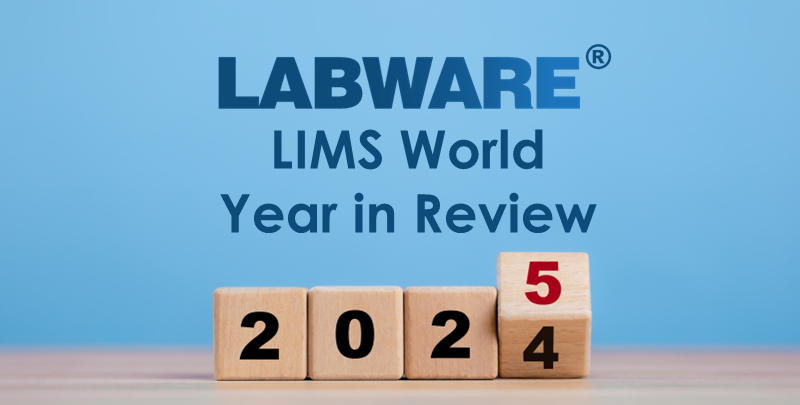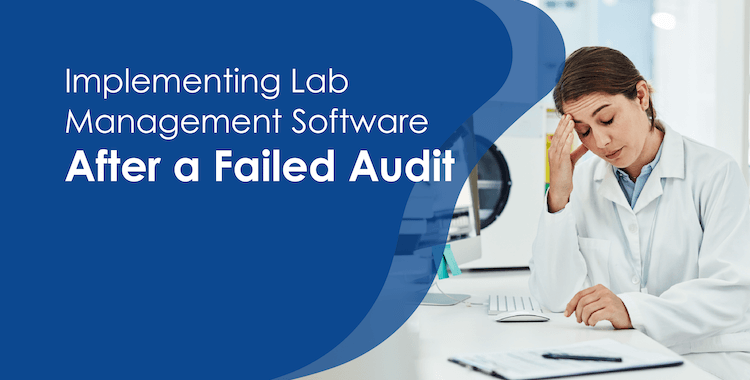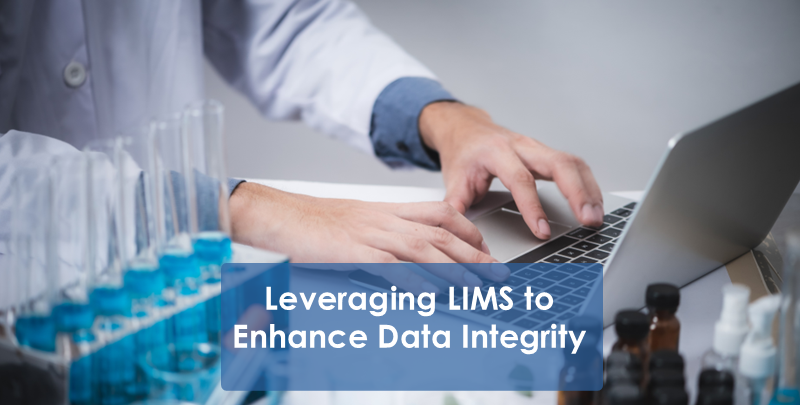LIMS World Year in Review: Key Takeaways from 2024
Now that 2025 is underway, it’s an ideal time to reflect on the insights, innovations, and milestones captured in our 2024 LIMS World blog posts....
3 min read
LabWare Updated on May 29, 2024

Imagine a scenario where a simple software oversight could jeopardize your entire operation. A manufacturer of finished pharmaceuticals faced this unfortunate situation during a U.S. FDA inspection in April 2024. The investigator observed that the drug company lacked appropriate controls over its systems, allowing unauthorized changes to master production and control records. A commercial software used for microbiology documentation, integrating with barcode scanners to automatically populate sample locations, sample information, and time and date details, allowed analysts to override the scanner and make manual entries. Surprisingly, the software lacked an autosave function, leading to untracked changes and significant data integrity issues.
Data integrity is a fundamental concept in FDA compliance, referring to data completeness, consistency, and accuracy throughout its lifecycle. The FDA provides expectations for maintaining data integrity in guidance on current good manufacturing practice (cGMP) for drugs to guarantee that electronic records are dependable, credible, and broadly equivalent to paper records and handwritten signatures on paper. Under these guidelines, systems must restrict data access and modifications to authorized personnel only. This control prevents unauthorized changes that could compromise data accuracy and reliability, thereby protecting the safety and efficacy of pharmaceuticals and ensuring manufacturers comply with regulatory standards. Ensuring only authorized individuals can change critical data underpins the trustworthiness of the entire data management system, reinforcing the integrity and traceability required for FDA compliance.
The FDA data integrity guidance emphasizes the ALCOA principles, which have expanded into ALCOA++, encompassing ten core principles that ensure data quality, integrity, and compliance in regulated sectors like pharmaceuticals and healthcare. This comprehensive framework addresses the entire data lifecycle, from creation to preservation. It highlights crucial aspects such as attributability and ensuring that modifications to data are traceable exclusively to authorized users—a critical issue noted during the FDA’s evaluation of the microbiology software mentioned earlier.FDA’s evaluation of the microbiology software mentioned earlier. The framework also focuses on legibility, accuracy, and availability, ensuring that data remains reliable, precise, and readily accessible, consistently meeting strict regulatory standards.
LabWare LIMS stands out as a robust solution for tackling myriad compliance challenges in laboratories. One of its key features is the ability to enforce restricted access to authorized personnel only, ensuring that sensitive data is handled and modified solely by those with proper authorization. This control is critical in maintaining data integrity as required by regulatory bodies. LabWare LIMS enhances accuracy and reduces potential errors by integrating with devices like barcode scanners and more complex laboratory instruments. This integration minimizes manual data entry, which is often prone to mistakes. Perhaps most crucially, the autosave function of LabWare LIMS plays a vital role in compliance efforts. It ensures that all data changes are automatically saved and recorded in an unalterable audit trail, providing an essential safeguard that helps laboratories meet stringent regulatory requirements and maintain trust in their data management practices.
Configuring your LIMS to support stringent data integrity and security measures is required to meet FDA standards effectively. Start with robust user access controls and permissions, ensuring that only authorized personnel can access sensitive information and functionalities, thus safeguarding data integrity at every step. Implementing electronic signatures and comprehensive audit trails is essential for maintaining accountability and traceability of data modifications, as required under FDA regulations like 21 CFR Part 11. Additionally, laboratories should establish reliable backup and data recovery systems to protect data against loss and ensure continuity of operations. Regular system validations are imperative to confirm that the LIMS continues to comply with all relevant FDA regulations and adapts to any changes in compliance requirements. By adhering to these best practices, laboratories can enhance their regulatory compliance posture and maintain the highest data management standards.
Manufacturers must quickly improve their data controls following an FDA inspection that identifies deficiencies. Key steps include:
Organizations should employ LIMS with robust compliance features, such as electronic signatures, real-time autosave, and rigorous system validation, proactively. These measures ensure compliance with FDA standards and enhance operational efficiency, preparing organizations for regulatory reviews.
Adhering to FDA guidelines on data integrity is essential for compliance and ensuring the safety and effectiveness of pharmaceutical products. A robust system like LabWare LIMS plays a pivotal role in maintaining these standards, significantly enhancing operational efficiency and reliability. To safeguard against regulatory and operational risks, organizations must review their systems regularly and, if necessary, improve or upgrade them. Act now to ensure your data management practices fully comply with FDA requirements and protect the integrity of your operations. Contact us today to learn more about how LabWare can help.
Additional Resources
U.S. Food and Drug Administration:

Now that 2025 is underway, it’s an ideal time to reflect on the insights, innovations, and milestones captured in our 2024 LIMS World blog posts....

In the world of laboratory management, LIMS audit compliance is a crucial aspect that can greatly impact an organization's success. With increasing...

Data integrity is fundamental across numerous industries, but the terminology, practices, and language can often be complex and inconsistent. This...